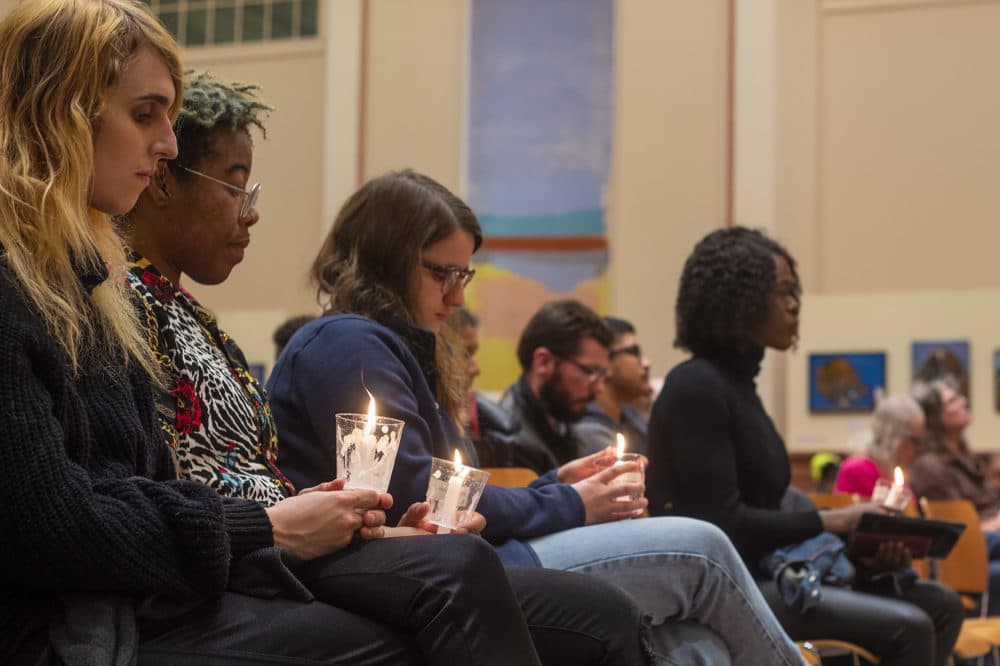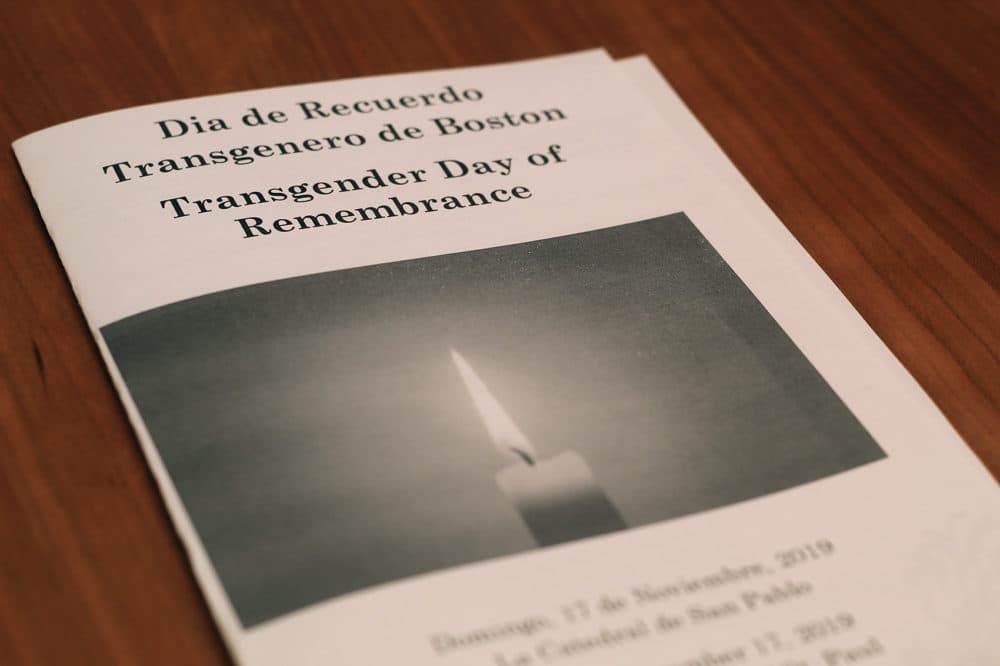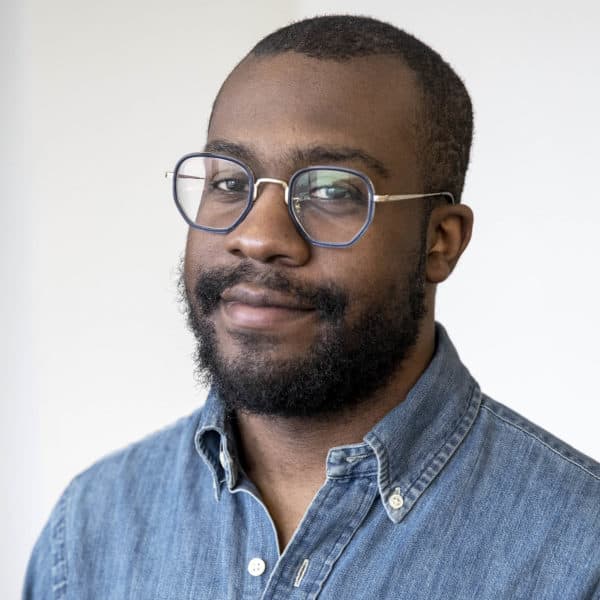Advertisement
Remembering Rita: The 20th Transgender Day Of Remembrance Is Painfully Personal For Boston
Resume
The Cathedral Church of Saint Paul was packed Sunday evening as people gathered to pause, light a candle and hold vigil for the roughly 300 transgender people — mostly women — who've been killed around the world so far this year.
Wednesday marks the 20th International Transgender Day of Remembrance, which was started to remember Rita Hester. She was a black trans woman murdered in Allston in 1998, just a couple days shy of her 35th birthday.
An Unsolved Murder, Unresolved Fears
Among those at this year's vigil were a few people who knew Hester. Lana Fox said Hester introduced her to Boston's trans community.
"I met her at a club called Jacques [Cabaret]. I was really, really young, so a lot of the older girls in there would bother me and chase me away and threaten me," Fox remembered. "But Rita was like, 'That's my little sister and do not touch her. She's with me.' So, they left me alone. Nobody messed with Rita."
Fox said Hester was tall, statuesque and used that stature to stand up for people. She described how painful Hester's death felt to her and others.
"It was a sad moment," Fox says. "It was shocking to the community, because she was a large entity."
At the time, Hester's murder was the latest of several killings of trans people that received public attention. Three years earlier, in 1995, Chanelle Pickett was killed in Watertown. Then, Monique Thomas in Dorchester in September 1998. And two months later, Rita Hester.
"It started to be alarming," said Teasha Purdy, who also knew Hester. "It was very scary. We didn't know what was going on. We didn't know what happened."
Purdy described Hester as a bubbly sweetheart. She said the brutality of the crime and the fact Hester's killer has never been caught galvanized the trans community.
"Rita's was our first public, like — one of the ones that really made [it apparent] this is what's going on," Purdy explained.
She said she feels no safer today than she did in 1998.
"The state of where we are politically," Purdy said, "and where we are as far as the president is concerned, has fueled this hate again."

At Fenway Health's violence recovery program, Fari Shakur works with trans women who've survived hate violence and noted there has been some progress to support them. He said there's more legal protection in Massachusetts now for trans people and more awareness.
But Shakur said it's still a dangerous world for trans people.
"Especially for transgender women of color," he said. "With the #MeToo movement, we saw a huge rise in sexual violence. This program here — the violence recovery program — had never had a waitlist, and we actually had a three-month waitlist for a little bit."
Purdy honored Hester at the church service on Sunday by lip-synching to the song "I Believe" by Fantasia Barrino. Purdy said today is a day to remember those the trans community has lost, but it's also a mandate to keep living.
This segment aired on November 20, 2019.
